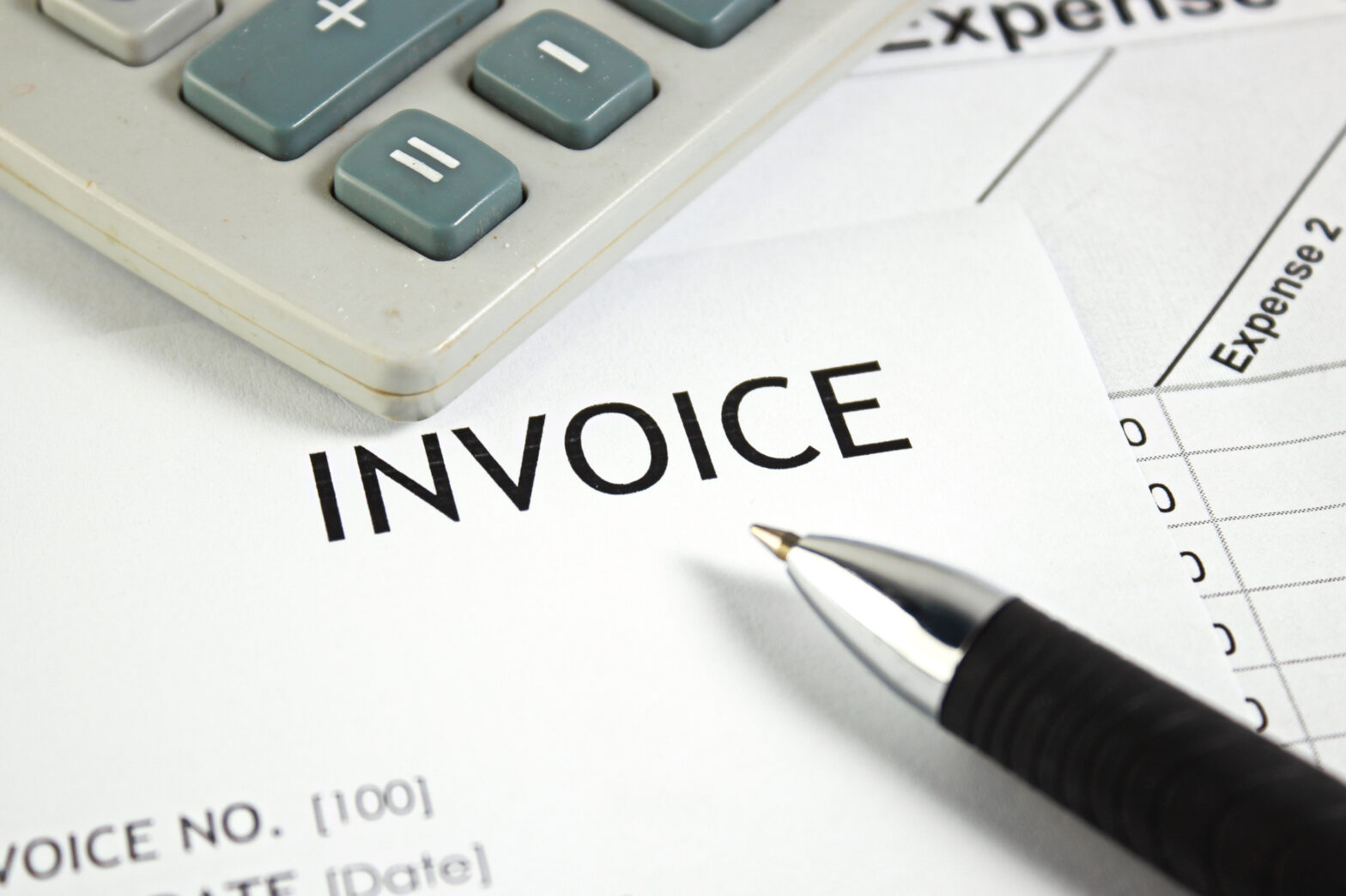It is important to state terms and conditions clearly so as to protect your rights, limit your liabilities and provide you with some security. For a binding contractual relationship the terms must be certain.
Terms will vary depending on whether you are providing a service or supplying a product. However, in all cases there should be terms and conditions covering costs/charges, delivery arrangements and payment terms.
Costs / charges
Different mechanisms exist for pricing arrangements eg on a time and material basis, a fixed price basis or a combination of both. As supplier, factor into your terms changes in price which may occur between the acceptance of the order and actual delivery. The price of goods or services will be deemed to be inclusive of VAT unless stated otherwise.
Delivery
Establish a time frame for delivery. Unless otherwise agreed, the Sale of Goods Act 1979 provides that delivery will be deemed to take place at the supplier’s premises. Establish if and when property or ownership passes in the goods from seller to buyer. This can determine where the risk lies. For example, if the risk of loss is with the buyer then he will have to pay irrespective of how faulty the goods are. For protection from the risks of goods being destroyed or the buyer being unable to pay, include provisions requiring the buyer to insure against all risk from delivery. This allows the seller to retain ownership after delivery until payment.
Payment terms
Consider whether payment can be accepted in full or in part, in advance or in arrears. Perhaps include a time of the essence clause permitting the supplier to terminate and claim damages if the buyer does not pay on time. Include provisions for interest should the buyer fail to make timely payment.





